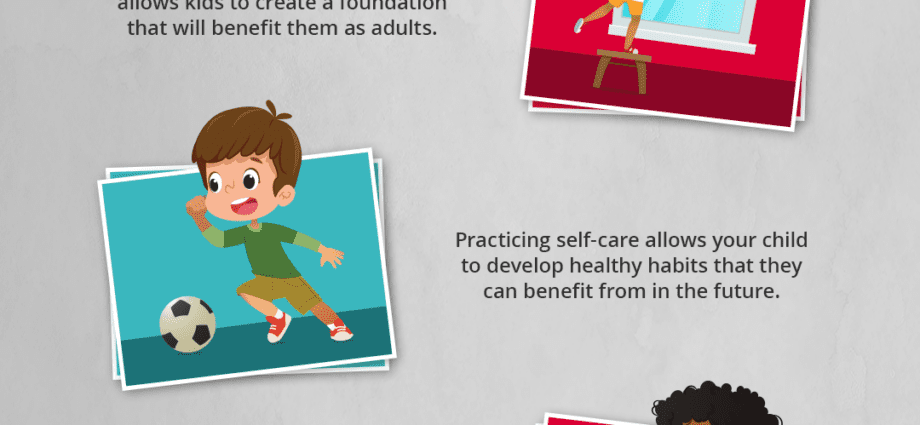Contents
Hygiene education for children – skills in preschool age
Hygienic education of children gives results if good habits are established at an early age. Special lessons in kindergarten are devoted to this. To convey information about the rules of personal care should be in an interesting, memorable form.
Hygiene lessons for preschool children
Compliance with basic hygiene rules is necessary not only for maintaining health. The child becomes a member of a society where the habit of maintaining cleanliness is inextricably linked with the culture of behavior.
Hygienic parenting starts with handwashing
It is necessary to teach the child to cleanliness as early as possible. To do this, use games, songs and cartoons. Up to 5-6 years old, demonstrate hygiene procedures by your own example and monitor their correct implementation. Set a task in front of your child so that it is interesting for him to complete it. Severity and morality can backfire. Play with your child with dolls that brush their teeth or wash their hands with soap.
Do not push the child if he washes his hands thoroughly: he is focused on the process and remembers it.
To make the process fun, get an original soap dish for a child, hang bright towels for hands, feet and body in the bathroom. Get a fun washcloth and bright soap.
The training will have to be repeated several times until the baby develops automatism. Supervise the performance of hygiene procedures, but strive for the baby to do them on his own. Encourage him with words when he washed his hands after a walk without being reminded.
Hygiene skills in kindergarten
In kindergarten, it is customary to conduct special classes with babies, which are devoted to personal hygiene. From 5-6 years old they are explained why they need to wash in the morning, how to use a handkerchief. Teachers hang out visual agitation for cleanliness, show special cartoons, for example “Moidodyr”, read poetry and tell fairy tales.
Group lessons allow the use of role-playing games, where babies are assigned to take turns on duty – to make sure that everyone has clean hands, tucked-up tights and combed hair.
It is necessary that the hygiene standards in the family do not contradict the rules of the kindergarten.
For this, a conversation is held with the parents. Children copy the habits and looks of their parents. The eternally “shaken up” dad in a crumpled shirt is unlikely to be able to raise a neat baby.
You need to instill the rules of hygiene regularly, demonstrating this by your own example. Best of all, the child learns the material in a playful way with repeated repetition.










